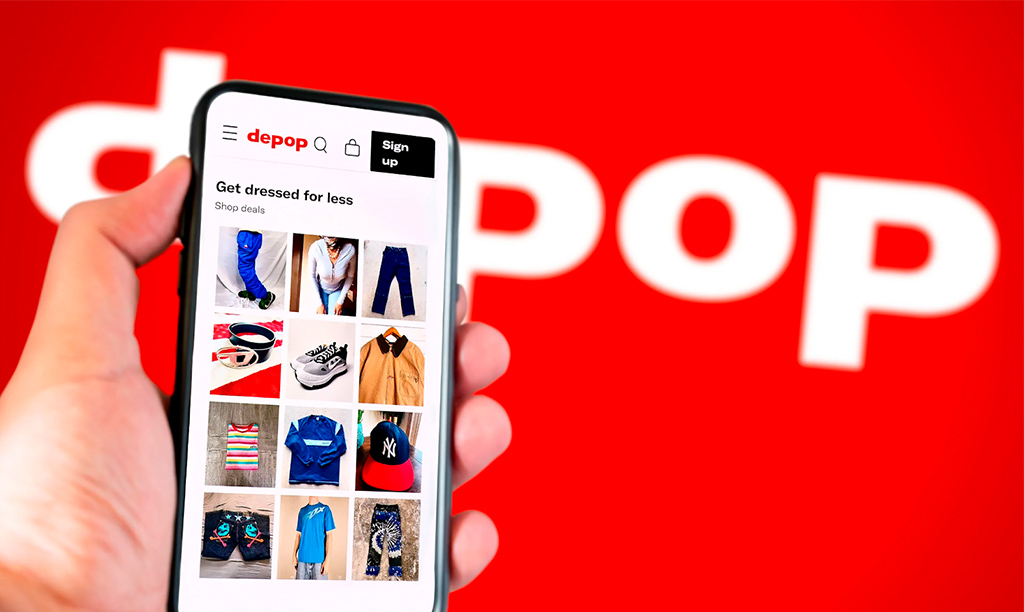Whiplash Team, 31 October 2025
How does your brand connect with Generation Z?
Generation Z has emerged as a demanding, informed and deeply critical audience. Understanding how to build genuine connections with them is already a strategic priority for companies seeking long-term relevance and sustainability.
Born between the mid-1990s and early 2000s, members of Generation Z have grown up in a world shaped by economic crisis, accelerated digitalisation and the climate emergency. This environment has shaped a consumer profile that does not settle for corporate rhetoric: they expect coherence and transparency.
According to a Deloitte report, 75% of young people in this generation believe businesses have a responsibility to actively address social and environmental challenges. Their relationship with brands is not merely transactional but ideological: they buy from those that embody values with which they identify.
Authenticity as the starting point
The word “authenticity” has become the key marker of relevance for this generation. Generation Z moves with ease in spaces where communication is immediate, and inconsistency is quickly exposed. It is not enough to launch campaigns with inclusive or sustainable messages: those promises must be backed up by action.
A McKinsey study found that 63% of consumers from this generation consider authenticity the main attribute they look for in a brand. This helps explain why smaller, independent projects with personal narratives capture their attention, while established giants lacking credibility in their actions struggle to do so.
Speaking their language
Connecting with Generation Z requires understanding their cultural languages. Platforms such as TikTok, Instagram and Twitch are their key spaces of interaction, where short, visual and participatory content sets the tone. The codes here differ entirely from traditional advertising: humour, memes, DIY aesthetics and behind-the-scenes footage have more impact than a perfectly polished commercial.
Brands like Ryanair have adapted successfully to this context, using TikTok with a light-hearted and self-deprecating tone that breaks with the formality of standard corporate communication. Far from losing authority, they have gained relevance by playing by this audience’s rules.
Participation and co-creation
If there is one defining trait of Generation Z, it is their desire to be active participants in the conversation. They do not want to simply receive messages: they expect to engage, interact and co-create with brands. This is reflected in the popularity of challenges, user-generated content and collaborations with digital micro-communities.
Fashion brand Depop, for instance, has thrived by adopting a model in which users themselves generate content and trends, reinforcing a culture of circularity and responsible consumption that resonates strongly with this generation’s values.
From narrative to action
Connecting with Generation Z does not mean adopting a youthful tone or pretending to be something you are not. It means acting with consistency and proving with deeds what is being communicated. Environmental commitment, diversity, mental health and social justice are not side issues: they are part of this generation’s core priorities.
For this reason, brands seeking relevance must move from storytelling to storydoing: it is not enough to talk about what they do; they must demonstrate it. Only then can they build lasting relationships with a generation that sees itself less as a group of consumers and more as an agent of change.




